Palliative care
These materials have been prepared solely for use at Interior Health (IH). IH accepts no responsibility for use of this material by any person or organization not associated with IH.
Access palliative and end of life care resources for health-care professionals.

These materials have been prepared solely for use at Interior Health (IH). IH accepts no responsibility for use of this material by any person or organization not associated with IH.
A wide variety of palliative tools and other resources are used within Interior Health that can help guide clinical problem-solving and decision-making for best practice palliative care.
The IH Palliative Care Nurse Consult Line is a service for Nurses who need an urgent consult with a Palliative Care Nurse for clinical assistance or direction for persons with palliative needs.
Copies of any palliative PPOs can be accessed through the PPO web page on the InsideNet, for those who have access, or by contacting the IH Palliative Care Office.
Clinical Decision Support Tools
Education - Public
Education - Staff
Learn more about evidence-informed guidelines that support best practice in Palliative and End of Life Care.
View resources that will support teaching individuals and families with palliative needs as well as recommended education for the expanded inter-professional palliative team.
Interior Health recognizes that Indigenous peoples in Canada experience health inequities as a result of the historical and ongoing impacts of colonialism. Culturally safe health care environments increase the quality of the health care services received, leading to increased service utilization and improved health outcomes. IH is committed to working with Indigenous partners and allies to create healthy and respectful care environments and practices which are safe and welcoming for all Indigenous peoples, their families and communities.
Many health-care providers are at different stages in their journey toward cultural safety and humility. There is information below and links to resources that support health-care providers in gaining knowledge, humility, and developing culturally safe practices.
A culturally safe environment is the desired outcome and can only be defined by the Indigenous person receiving care in a manner that is safe and does not profile or discriminate against the person but is experienced as respectful, safe and allows meaningful communication and service. It is a physically, socially, emotionally and spiritually safe environment, without challenge, ignorance or denial of an individual’s identity.
To be culturally safe requires positive anti-racism stances, tools and approaches and the continuous practice of cultural humility.
Cultural humility is a life-long process of self-reflection and self-critique. It is foundational to achieving a culturally safe environment. While western models of medicine typically begin with an examination of the patient, cultural humility begins with an in-depth examination of the provider’s assumptions, beliefs and privilege embedded in their own understanding and practice, as well as the goals of the patient-provider relationship. Undertaking cultural humility allows for Indigenous voices to be front and centre and promotes patient/provider relationships based on respect, open and effective dialogue and mutual decision-making. This practice ensures Indigenous peoples are partners in the choices that impact them, and ensures they are party and present in their course of care.’
Learn more by reading the report In Plain Sight: Addressing Indigenous-specific Racism and Discrimination in BC Health Care (2020)
Advance Care Planning (ACP) isn't just for older adults or people with serious illness, it's for everyone!
Initiating ACP conversations with patients can sometimes be challenging, yet are vital for ensuring that a person's preferences and wishes are known and honoured if they are unable to speak for themselves.
Interior Health has developed many ACP resources for both the public and health care providers. Please visit the following pages to access these resources, including the My Advance Care Plan workbook that can be ordered at no cost.
Visit our public Advance Care Planning webpage
Link to *internal Advance Care Planning page on the Medical Staff Hub
Link to *insideNet ACP page
*These internal links require login using IH credentials.


Those with dementia need special consideration during the holidays. Read our tips and advice to make the holidays enjoyable for everyone.
/stories/supporting-loved-one-dementia-during-holidays
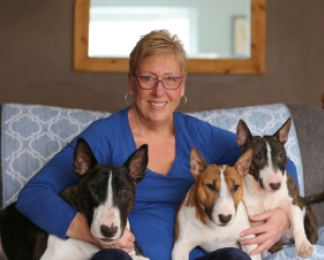

Loreen’s ability to keep calm under pressure, paired with her caring nature, have been integral to her success and to the quality of care that she provides.
/stories/we-are-ih-experienced-nurse-always-steps-when-needed


Many people like to do the Dry January challenge, but going dry isn't for everyone. Gain tips on reducing your alcohol consumption in the New Year and beyond..
/stories/thinking-going-dry-january-going-damp-great-option-too
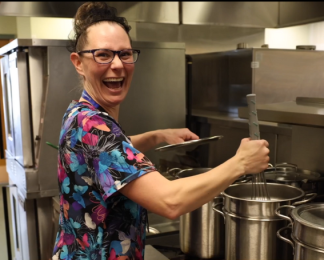
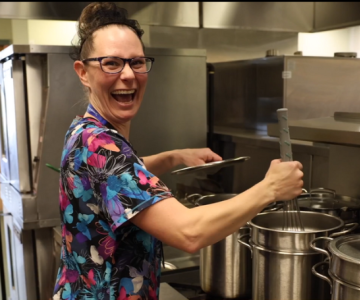
As we come to the close of 2024 we pause to reflect on the year and celebrate our achievements. Watch our short video of this year’s highlights across IH.
/stories/looking-back-and-celebrating-2024
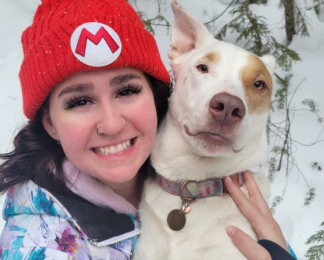
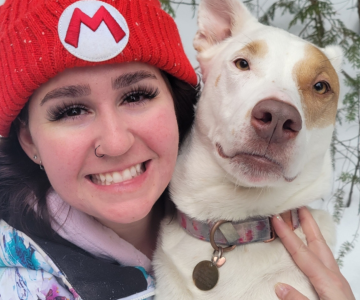
All's well that ends well: For Kelowna health unit aide JQ, this simple phrase is more than advice—it’s a way of life.
/stories/we-are-ih-health-unit-aide-brings-positivity-every-day


The winter and holiday season can bring joy, but can also bring stresses and challenges. Explore these 10 tips for supporting for mental and physical health.
/stories/10-healthy-habits-winter-and-holiday-season
Receive news and alert posts, and Stories@IH blog posts, right to your inbox!
